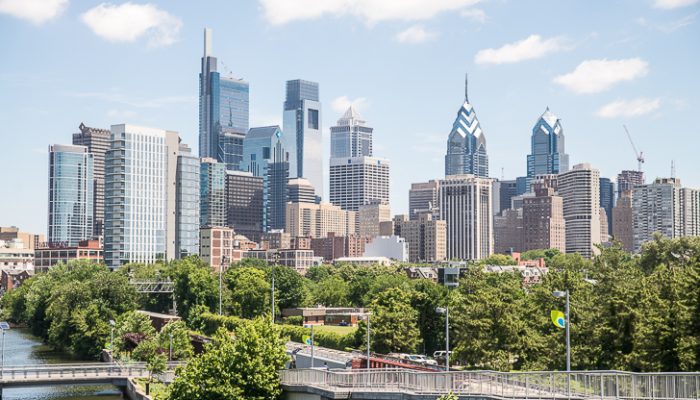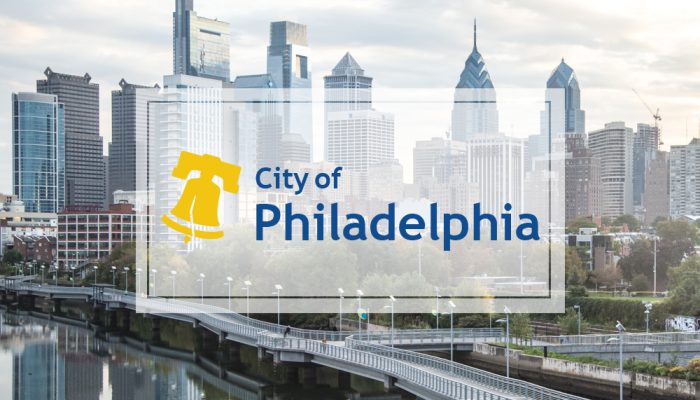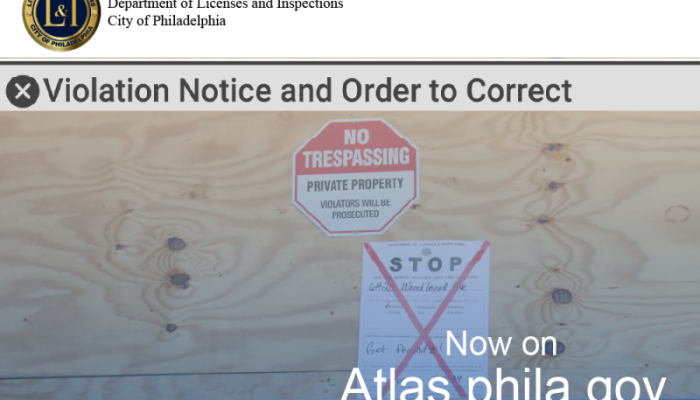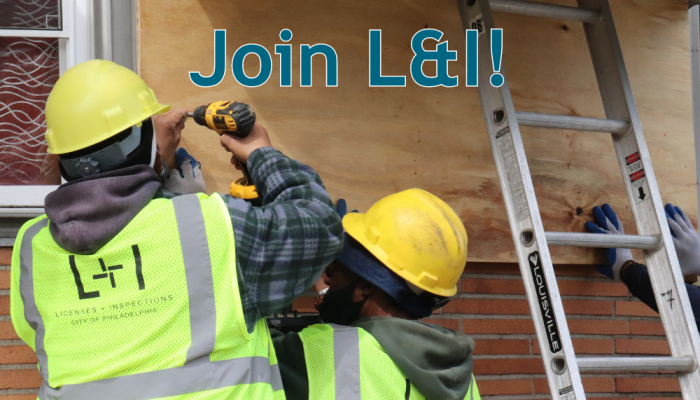Thanks to cooperation between City government and state lawmakers in Harrisburg, Philadelphia is now a national building code leader.
A new Philadelphia ordinance adopts the 2018 International Building Code into state law. This means that new commercial or multifamily buildings built in Philadelphia will be more efficient and safer. Philadelphia is one of the first places to adopt the new codes, along with Phoenix, Wyoming, and the Virgin Islands. Previously, Philadelphia used codes published in 2009.
A safer city
While most changes won’t be noticeable at first glance to residents or visitors who aren’t engineers, tradespeople, or architects, changes will directly affect the safety of Philadelphians.
New requirements include:
- Monitoring of wood buildings under construction to prevent fires before sprinklers have been installed.
- Stronger stair towers in high rises to protect people using stairs to escape a building during a disaster.
- Increasing buildings’ wind resistance to stand up to more severe storms.
A more energy efficient city
Thanks to the new code, new commercial or multifamily buildings built in Philadelphia will be as much as 30 percent more energy efficient.
Buildings constructed under the new code will be better insulated, with lighting systems that use less energy and windows that screen out more heat while still admitting light.
All told, the changes should save about $51 million every year in energy costs.
More than half of Philadelphia’s carbon emissions come from its buildings and their corresponding energy use. With these changes, Philadelphia is closer to meeting its obligations under the Paris Climate Agreement, which call for an 80 percent reduction in carbon emissions here in Philly by 2050.
Bipartisan collaboration
To adopt the new codes, it required state and local leaders working together in a bipartisan way.
State Rep. John Taylor, a Republican who served Northeast Philly until his recent retirement, sponsored a bill in Harrisburg giving Philadelphia a one-time exemption to adopt the new codes. Without the exemption, Philadelphia would’ve had to adopt older codes with the rest of the state.
Governor Tom Wolf, a Democrat, then signed the bill.
At the local level, Philadelphia City Council was then able to work with L&I to adopt the new code.
Now, with the new codes adopted, Philadelphia is a national leader in energy efficiency and building safety requirements.
The new code will go into effect October 1, 2018.




